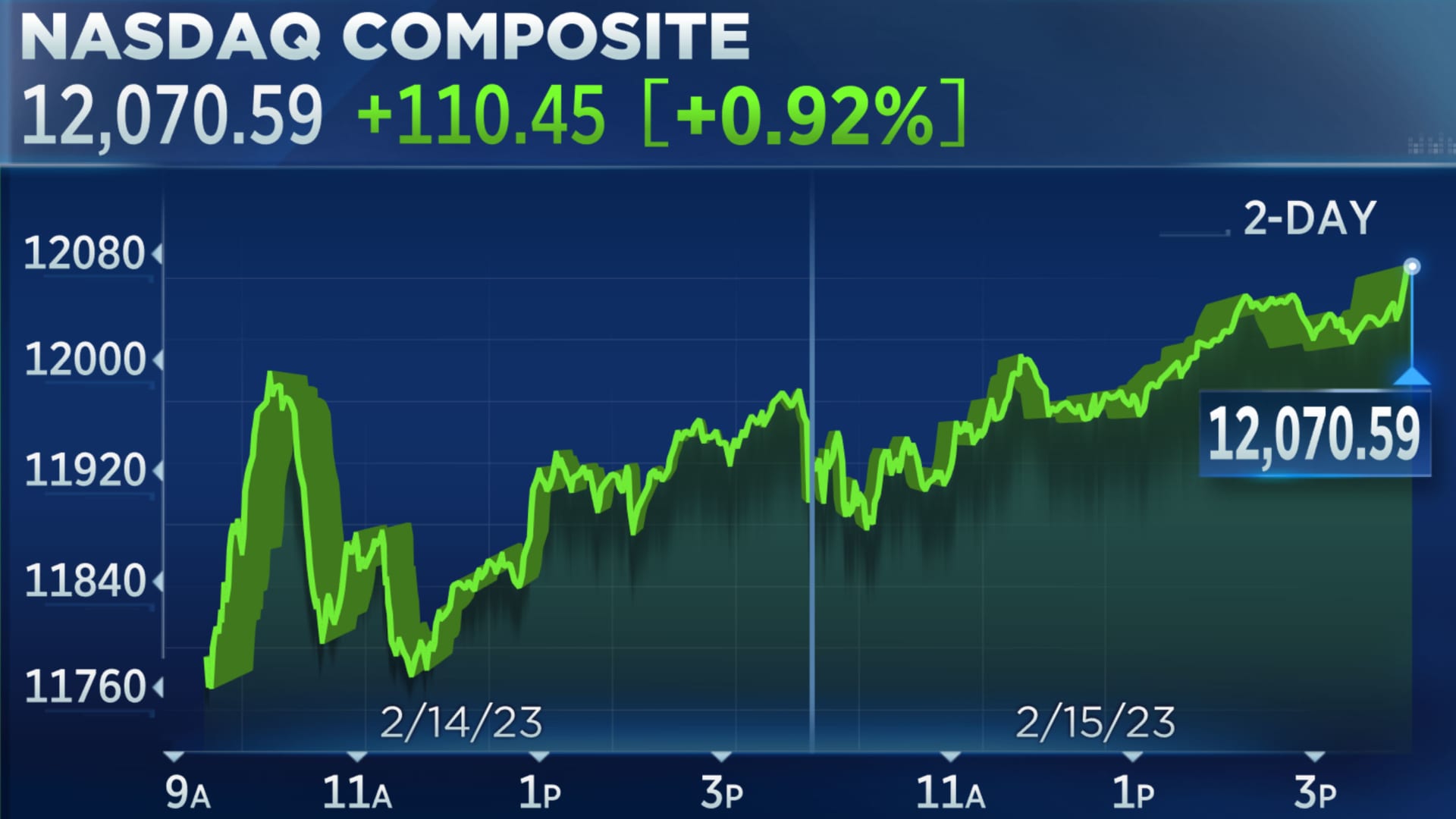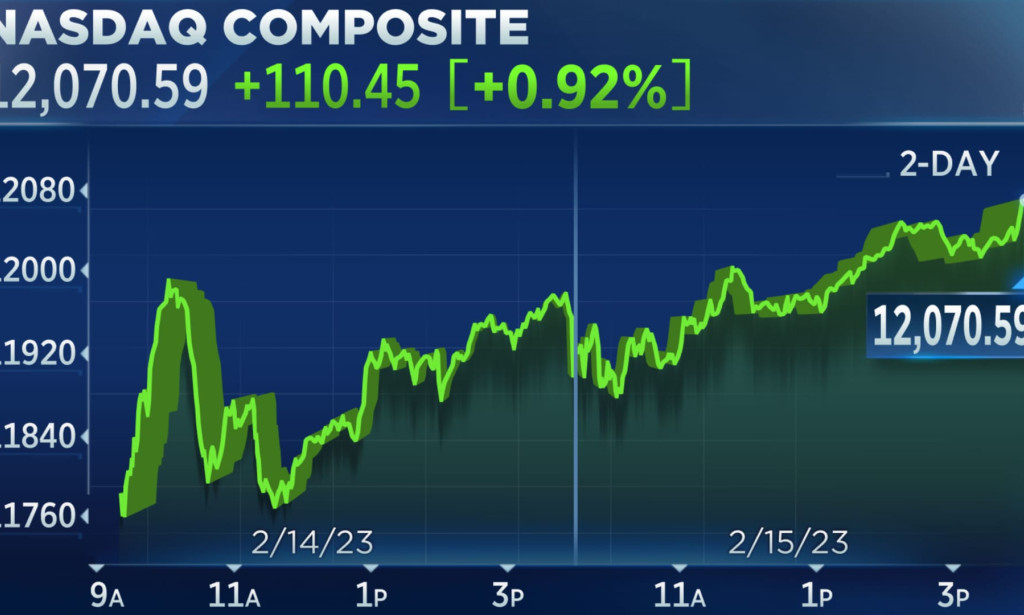
Navigating the Waves: The Intricate World of Stock Markets
Definition
The stock market, a platform for buying and selling ownership shares in public companies, serves as a critical component of the global economy. This financial arena facilitates the raising of capital for corporations and allows investors to participate in the growth of these companies, thereby sharing in their profits and risks. At its core, the stock market reflects the collective sentiment of investors about the current and future health of businesses and economies.
Historical Context and Evolution
The origins of the stock market can be traced back to the early 17th century with the establishment of the Amsterdam Stock Exchange, where commodities and shares were traded for the first time. Over centuries, the concept spread globally, leading to the formation of major exchanges like the New York Stock Exchange (NYSE) in 1817 and the London Stock Exchange (LSE) in 1801. These exchanges have evolved from simple trading floors to sophisticated online platforms, adopting technology and algorithmic trading to enhance efficiency and accessibility.
Understanding Stock Market Trends
Trends in the stock market are influenced by various factors, including economic indicators, market sentiment, geopolitical events, and technological advancements. Analyses demonstrate cyclical patterns: bull markets signal rising stock prices and investor optimism, while bear markets indicate declining prices and pessimism. Additionally, sectors can experience trends influenced by consumer behavior, innovation, regulatory changes, and other forces, demonstrating the market's dynamic nature.
Global Perspectives: Stock Markets Across Countries
Stock markets vary across nations, reflecting their unique economic landscapes. For instance, the United States hosts the largest and most influential stock market, the NYSE, pivotal for global finance. Emerging markets, such as India and Brazil, have rapidly developed their exchanges, attracting international investment, while countries with less developed economies may rely on local investments and governments to stimulate growth. Understanding regional differences is key for investors looking to diversify their portfolios.
How the Stock Market Operates
The mechanics of the stock market involve various participants, including individual investors, large institutions, stockbrokers, and market makers. Trading can be conducted via direct transactions or through exchanges. Investors buy and sell shares, and prices are determined by supply and demand dynamics. Market analysts and financial advisors play key roles in guiding investment decisions based on market research.
Impact on Businesses and the Economy
The stock market significantly impacts businesses and economies. For companies, going public allows access to capital for expansion while providing a liquid market for shareholders. Economically, stock markets are barometers of investor sentiment and economic health. They influence consumer spending and savings, affecting overall economic growth. Moreover, fluctuations in the stock market can have widespread repercussions, impacting retirement savings, consumer confidence, and public policy.
The Future of Stock Markets
Looking ahead, the future of stock markets is poised for exciting changes. Technology, particularly blockchain and artificial intelligence, could revolutionize trading, making it more transparent and efficient. Sociopolitical factors, including sustainability and corporate governance, are increasingly influential in investment decisions, leading to the rise of Environmental, Social, and Governance (ESG) investing. As the market continues to expand, it will play a crucial role in shaping global economies and the strategies businesses adopt to compete on the world stage.
In summary, the stock market is a complex yet fascinating entity that serves as a critical driver of economic activity and personal wealth. Understanding its mechanisms, trends, and impacts is essential for anyone looking to navigate its waters. With ongoing technological advancements and shifts in global economics, the stock market will undoubtedly continue to evolve, presenting both challenges and opportunities for investors and businesses alike.


You must be logged in to post a comment.